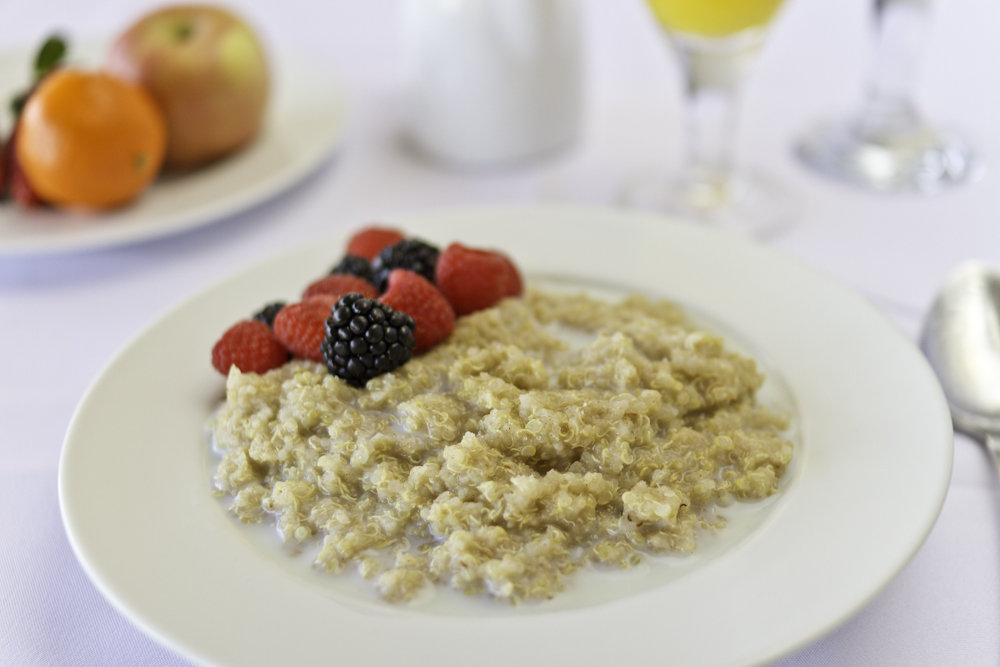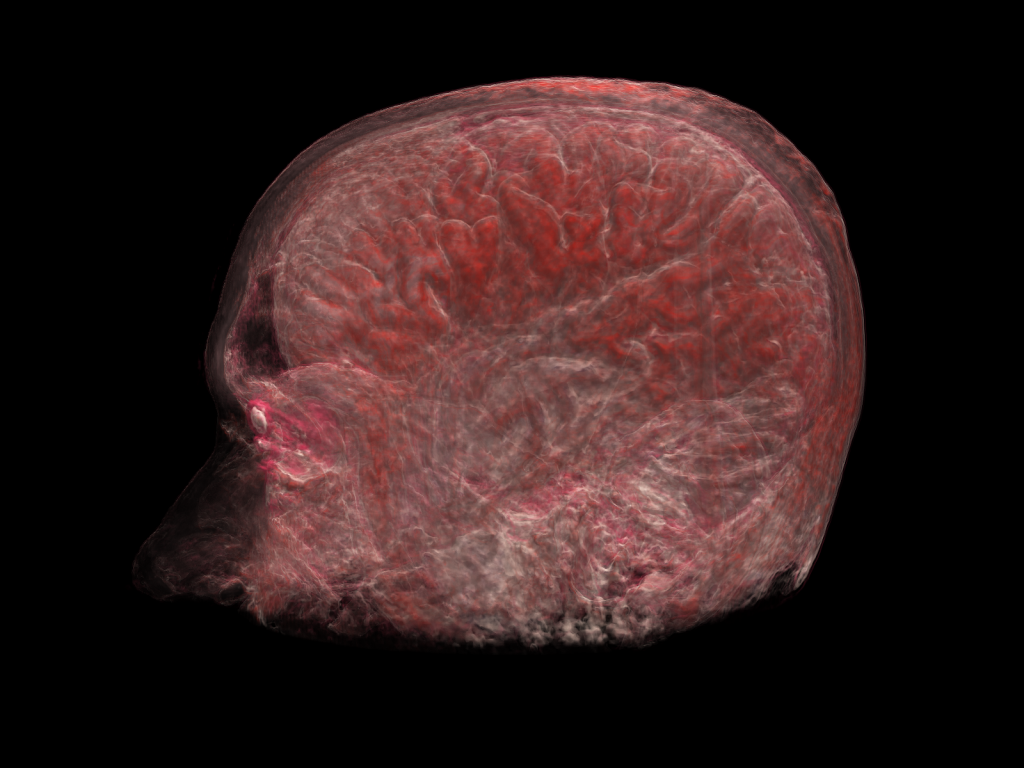
What are Your Thoughts about Wheat, Gluten, Ancient vs. Modern Grains and the Body’s Ability to Digest them Properly?
Wheat has been a staple of the human diet for thousands of years. Recently there has been a lot of concern about the effects of wheat and gluten on the body as well as modern hybrid grains, milling processes and poor soils in which the wheat is grown.
Gluten-free is completely compatible with Ornish Lifestyle Medicine.
Most people do not have any major issues with eating wheat or gluten, but as clinician, we are like the orthopedist at the bottom of the ski slope. We see the people who metaphorically, “don’t make it down the hill,” those people whose bodies do not tolerate wheat or gluten well.
Stories:
- A 35-year-old man returns from international travel and goes out to lunch, eats a burrito and feels like he has had 3 beers: dizzy, brain fog, stumbling.
- A 58-year-old woman with joint pain has just started using a cane; her rheumatologist and orthopedist can’t find anything wrong.
- A 29-year-old woman with thyroid illness, rash, anemia, early osteoporosis.
What do these three people have in common?
They all got better on a gluten-free diet.
The 29-year-old woman had celiac disease and needs to be gluten-free for life, but the other two do not and eventually were able to selectively eat small amounts of the older gluten-containing grains.
Gluten Intolerance: The Real Deal or Just a Fad?
So let’s talk about what is real, what is probably real, and what is probably not real.
What is real:
Celiac Disease: this is a major reaction to gluten that creates a serious health risk and people with celiac need to be gluten free for life, not even small quantities (like in soy sauce) can be ingested.
Hybridization Concerns: the wheat that we have today has been developed to bring the farmers better yields, grow in poor soil, be fluffier in baked goods and resist pesticides. It was not developed to be more nutritious.
Milling of Wheat: modern milling practices were designed to give flour a longer shelf life, not to be healthier for us. In fact it removed most of the vitamins, minerals, fats and protein.
Poor Soil and Use of Chemical Fertilizer: modern agriculture does not build the soil, but instead adds chemical fertilizer to help with crop yields. It is efficient and effective for this, but is not concerned so much about the nutritional quality of the grain.
People’s Symptoms: though usually caused by many factors: brain fog, stomach upset/irritable bowel, joint pain and fatigue often improve on a gluten-free diet. In a study that put people with Irritable Bowel on Gluten-Free Diet or Placebo (gluten containing), twice as many people on the gluten free diet got better (60% vs 30%).
Is it really gluten intolerance or modern white flour issues?
I see both (my plan for what to do is below).
People are dealing with stacking issues (increased toxins, increased stress, poor overall nutrition, lack of exercise, social isolation, immune system overwhelm, gut disorders, other food intolerances, etc.) that can make a minor intolerance become more serious.
What is probably not real:
That everyone should avoid wheat or gluten. This is no more true then saying everyone should avoid skiing or driving because people get hurt doing those things.
So what do I do now?
If you have concerns that you have celiac disease (unexplained ongoing rash, thyroid issues, anemia, major difficulties with digestion) please get screened by someone who understands celiac disease. In general, a good starting test is called TTGA IgA (tissue transglutaminase antibodies) often with total IgA and/or HLA DQ2 and 8).
If you have concerns that you have gluten intolerance (brain fog, fatigue, stomach upset/irritable bowel syndrome, joint pains) I recommend doing a 3 week trial of no grains. If you feel a lot better after the third week then you can start adding back other grains starting with the non-gluten grains(quinoa, rice, millet, amaranth, buckwheat) and then going to the more ancient grains that have gluten in lower quantities and are mixed with fiber (spelt, kamut) and if you are still feeling good, trying sprouted organic wheat berries if your symptoms remain clear then it is likely that you are sensitive to the modern white flour rather than to gluten.
If you have concerns about modern milling practices consider buying whole wheat and grinding it yourself.
If you have concern about poor soils and pesticides buy Organic.
I recommend that if you eat baked goods, fast food or frozen pre-cooked food that use white flour, do so sparingly.
Gluten-free is completely compatible with the Ornish Lifestyle Medicine. (Intensive Cardiac Rehabilitation) Some people who exclude gluten also reduce their intake of refined carbohydrates, which I think is a good idea for almost everyone. But try to make only one change at a time so you can know which foods are causing what symptoms. Try products that are use more ancient whole grains. Though some still contain gluten many find their ability to digest them much easier (spelt, kamut, barley, buckwheat, quinoa, brown rice and others).









